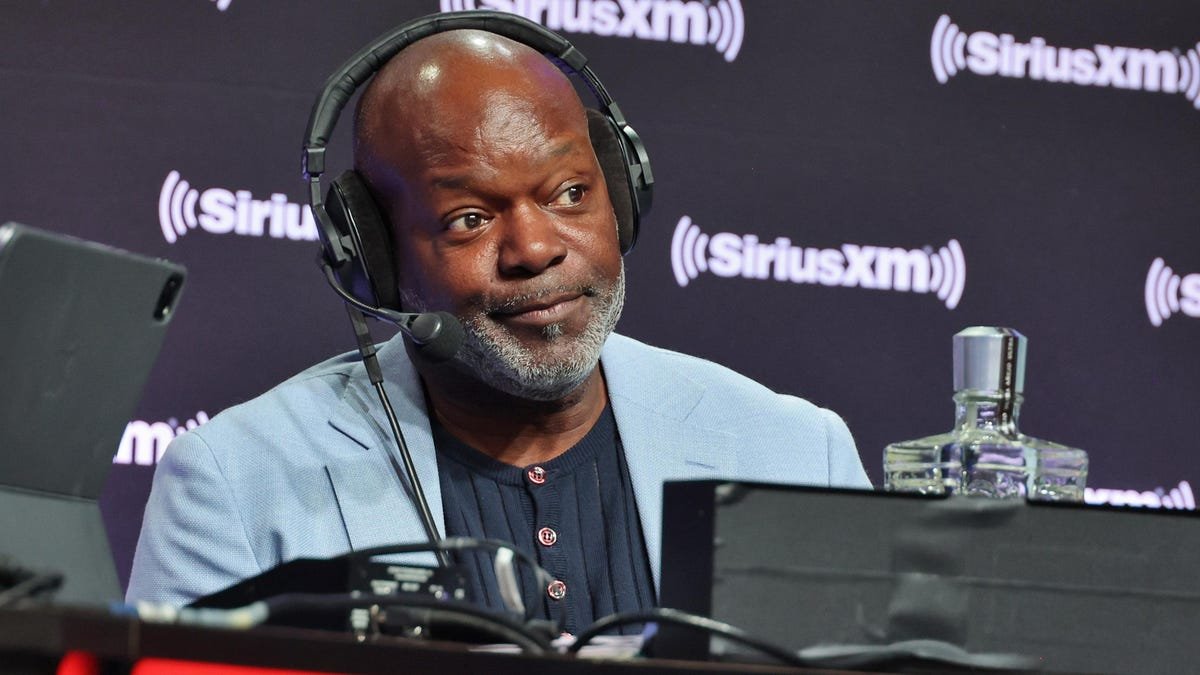Emmitt Smith: A Voice for Justice
Emmitt Smith is probably not the first athlete people associate with Black people’s American struggle. He wasn’t at the press conference with Lew Alcindor (now known as Kareem Abdul-Jabbar), Bill Russell, and Jim Brown in support of Muhammad Ali electing to not serve in the United States military after being drafted into the Vietnam War. The main reason for that is he was a year old when Ali’s boxing license was reinstated in 1970.
Smith, the NFL’s all-time leading rusher, was born in Pensacola, Florida, on May 15, 1969, just 13 months after the assassination of Dr. Martin Luther King Jr. and the passing of the Fair Housing Act. While Smith was barely elementary-school aged in 1974, a racist incident that took place in Pensacola was written about in the New York Times.
Wendell Blackwell was shot and killed by an Escambia County Deputy. The authorities alleged that Blackwell had a pistol, but Rev. H.K. Matthews claimed Blackwell was shot to death at a distance of three feet. At a 1975 protest demanding justice for Blackwell’s killing, Matthews was arrested and eventually sentenced to 60 days in jail and five years of hard labor. His sentence was commuted after 63 days, and he was pardoned in 1980.
During this time, the New York Times printed a quote from Escambia County Sergeant James Edison, “You grab a club and hit a n*****. Now, I don’t want you to think I’m a racist, I like Black folks. In fact, I’d like to have two of them in my backyard for the dogs to play with. N****** are better than milkbones.”
This was the world that Emmitt Smith was born into. While he may not have experienced the same struggles as those before him, the tensions in the community were certainly palpable. Despite his success and fame as an adult, Smith has not shied away from speaking out on social justice issues.
Recently, when the University of Florida announced it was doing away with its entire Diversity, Equity, and Inclusion department, Smith publicly criticized his alma mater and home state. He has also been critical of Jerry Jones’ opposition to Dallas Cowboys players kneeling during the national anthem. Smith’s willingness to speak out on these issues shows that he is not afraid to use his platform to advocate for justice and equality.
In a time when racial tensions are high and the fight for social justice continues, Emmitt Smith’s voice is a powerful reminder of the ongoing struggle for equality. His actions serve as a reminder that no matter how successful or privileged one may be, it is important to speak out against injustice and stand up for what is right. Smith may not have been at the forefront of the civil rights movement, but his advocacy and activism make him a vital part of the ongoing fight for equality in America.




